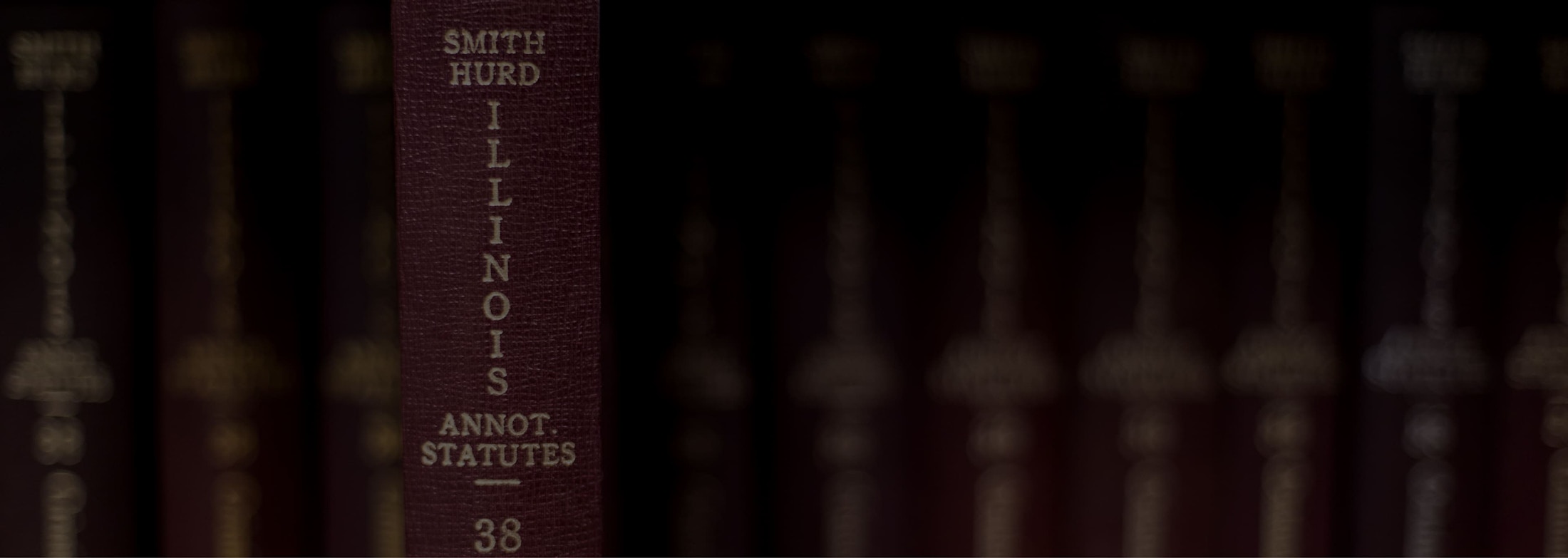In DuPage County’s 18th Judicial Circuit—whose courthouse is four blocks from our Wheaton office—the Domestic Relations Division publishes standing Mediation Orders and statistical reports that track settlement rates, underscoring the court’s strong preference for mediated resolution.
What Are Common Reasons Families Choose Mediation in Wheaton, IL?
Families often turn to mediation to resolve a variety of common issues in a collaborative and less adversarial way, including:
- Crafting or modifying parenting-time schedules
- Dividing marital and non-marital property
- Setting child-support or spousal-maintenance terms
- Relocation or holiday travel disagreements
- Post-decree conflicts (school choice, medical decisions)
- Prenuptial or postnuptial agreement revisions
- Elder-care and guardianship planning

















